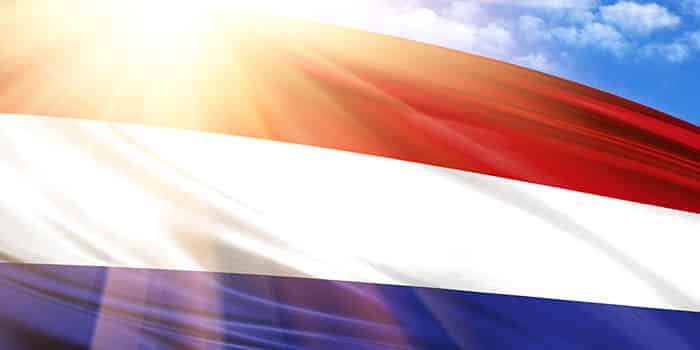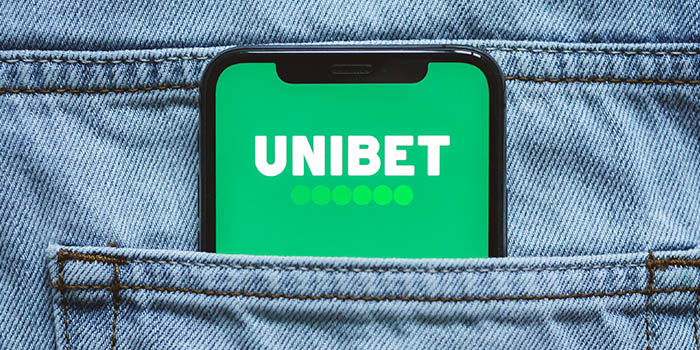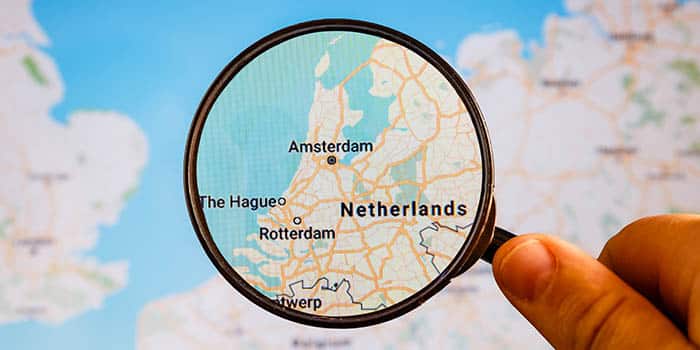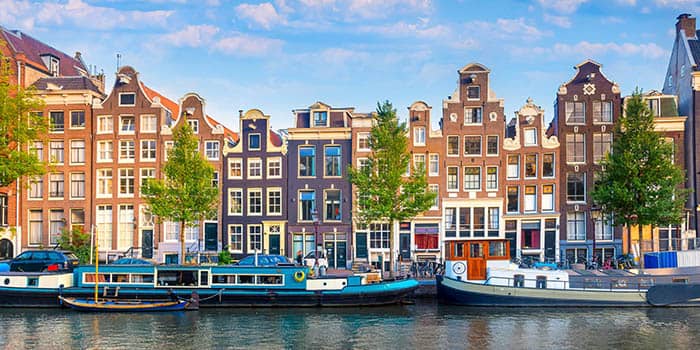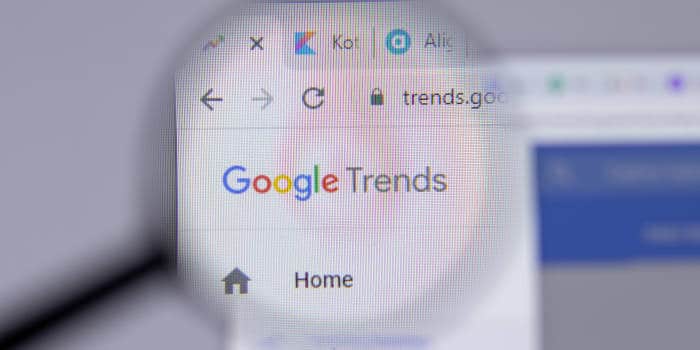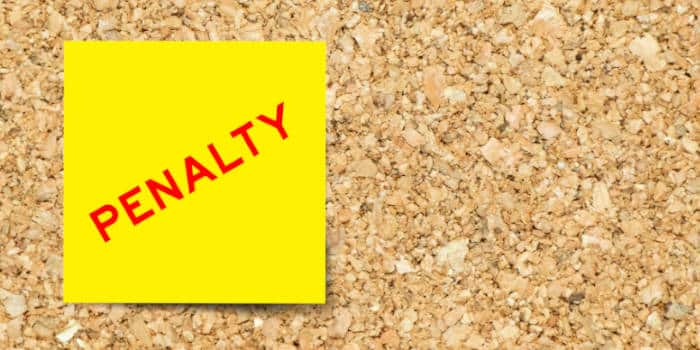- Casino
- By State
- Alabama
- Alaska
- Arizona
- Arkansas
- California
- Colorado
- Connecticut
- Delaware
- Georgia
- Florida
- Hawaii
- Idaho
- Illinois
- Indiana
- Iowa
- Kansas
- Kentucky
- Louisiana
- Maine
- Massachusetts
- Maryland
- Michigan
- Minnesota
- Mississippi
- Missouri
- Montana
- Nebraska
- Nevada
- New Hampshire
- New Jersey
- New Mexico
- New York
- North Carolina
- North Dakota
- Ohio
- Oklahoma
- Oregon
- Pennsylvania
- Rhode Island
- South Carolina
- South Dakota
- Tennessee
- Texas
- Utah
- Vermont
- Virginia
- Washington
- West Virginia
- Wisconsin
- Wyoming
- By State
- Slots
- Poker
- Sports
- Esports
Regulations Regarding Gambling Operations Published In The Netherlands

The government in the Netherlands has published regulations, the Remote Gaming Decree, to support the measures introduced with the Remote Gaming Act, and moved the process of setting the regulatory framework into the stage where members of Parliament can submit their comments regarding the set of rules.
The proposed rules in the Remote Gaming Decree seek to establish the regulatory framework within which gambling operators will conduct business in the country, from the set of requirements for applying for a license to the limitations for gambling advertising content in the media.
Meet The Requirements, Behave As Expected
The rules set forth two key areas of concern for the regulator: the set of preconditions every candidate for a license should meet, and the expected behavior from every operator in case a license is granted.
The Dutch regulatory body, the Kansspelautoriteit /KSA/, will issue licenses that will authorize the gambling companies for 5 years of operations. These will include peer-to-peer casino games such as poker, players-against-the-house casino games, sports betting and betting on horse racing events. Lottery games remain outside of the licensing process as the Dutch lottery will preserve its monopoly.
Sports betting on events from youth or amateur competitions should be curbed by the operators by not offering odds for them, including games that are considered easy to manipulate.
Policies In Place
Every candidate should have robust processes for clients’ identity check, defined policies to prevent money laundering, uphold sporting integrity and identify and prevent gambling addiction, explicitly prohibiting betting by using credit.
All company policies related to combatting gambling-related crime must be easily accessible from the players, and players should be informed in a clear and understandable way and format about the total cost of participation in the games.
Watershed For Gambling Ads
Advertising is also an area of concern for the regulator, with the initially proposed watershed period starting from 7pm and active until 6am remaining only for the lottery, and amended period of 9pm – 6am applied for all other gambling related advertising content.
The amendment happened after Justice Minister Sander Dekker, in a letter to the House, warned against tighter restrictions that may impede the main goal of channeling players to the regulated market and legal operators.
Application Process Not Longer Than 6 Months
The Dutch regulator will have up to six months after application is submitted to decide whether a license will be granted or not. Final decision will be based mainly on 3 features of the requirement criteria – reliability, responsible gaming and crime prevention.
The regulations published by the government in the Netherlands also reiterated the results of a research conducted by Sira Consulting that pointed out up to 68 companies would be licensed, with the majority, 41, being foreign operators – a result significantly different from the initially registered interest by 183 operators reported by the KSA in June last year.
Related Topics:
Mike made his mark on the industry at a young age, consulting for companies that would later become regulators. As one of the lead editor of Gambling News, he dedicates his weekdays to this project, aiming to educate the masses on the latest developments in the gambling circuit. His expertise and passion for the industry make him an invaluable asset to our team.
Must Read
More Articles


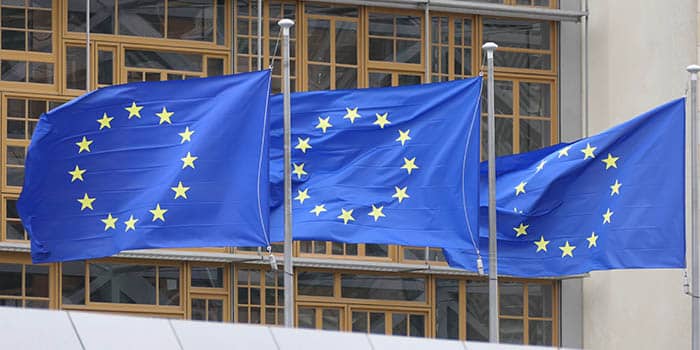
Industry
May 29, 2025
KSA Chair Groothuizen Joins GREF as Board Member

Business
April 23, 2025
Holland Casino in Peril Amid Increasing Gaming Taxes


